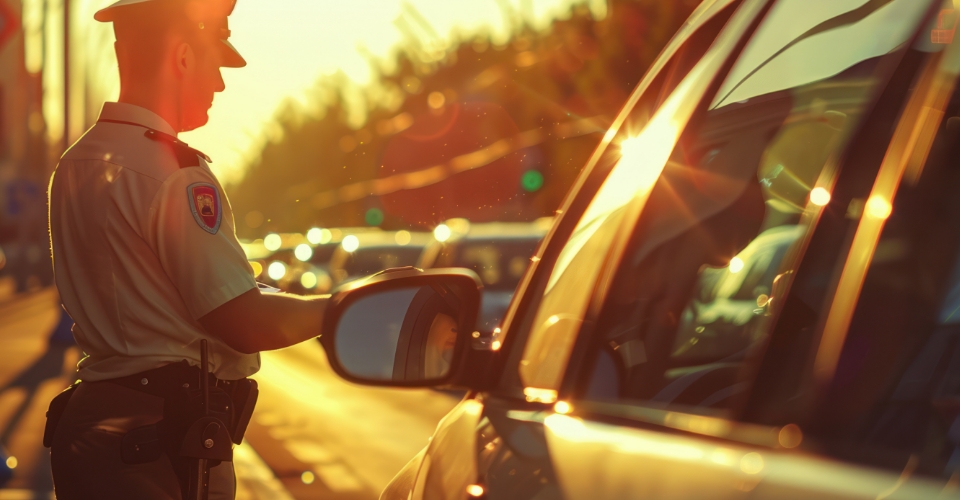Getting pulled over can make anyone feel like they have broken the law, even if it’s just a routine roadblock in South Africa. If you’re unsure what the law says about your rights when pulled over, let’s unpack what you need to know so you can stay calm, compliant, and confident the next time a blue light flashes behind you.
Pro tip: If you’re insured with dotsure.co.za car insurance, you already have peace of mind when something unexpected happens on the road. If not, maybe it’s time to change that? Get a quick quote right now and then come back to discover your legal rights at roadblocks and routine checks!
Understanding Your Rights When Pulled Over
In South Africa, you must stop when instructed by a uniformed traffic officer or police official. This isn’t optional. But while you’re obligated to stop, you also have rights to protect you from unlawful treatment.
- You can ask for identification from the officer. They must produce an official appointment certificate.
- You have the right to know why you were stopped, whether it’s a routine check or suspicion of an offence.
- You cannot be forced to pay cash on the spot for a fine. EFT or payment at the traffic department is the correct process.
Roadblocks in South Africa: What’s Legal and What’s Not
- K78 Roadblocks: These are planned and legally authorised by the National or Provincial Commissioner. Officers here have broader powers. They can search vehicles without a warrant if they have reasonable suspicion.
- Informal Checkpoints: These are your random license or sobriety checks. Officers cannot randomly search your car without consent unless they have probable cause.
Pro Tip: If you’re unsure whether it’s a K78, politely ask for the authorisation certificate. Yes, you’re allowed to do that.
RELATED: HOW TO CHECK YOUR DRIVING LICENCE STATUS IN SOUTH AFRICA
The Difference Between Roadblocks and Roadside Checks
- Roadblocks are fixed points with multiple officers and signage, usually checking licenses and registrations or enforcing laws.
- Roadside checks are usually just a single officer stopping cars for quick compliance checks such as licenses, tyres, lights or safety belts.
What Traffic Officers Can and Cannot Do
They can:
✔ Ask for your driver’s license and car registration.
✔ Issue fines for valid traffic violations.
✔ Impound a vehicle only under certain legal conditions (eg, if the car is unroadworthy).
They cannot:
✖ Demand bribes or cash on the spot.
✖ Search your phone without a warrant or strong suspicion.
✖ Arrest you without cause.
RELATED: WHAT MAKES A CAR UNROADWORTHY? HERE ARE 8 SIGNS
Search and Seizure: Know Your Rights
Officers may only search your vehicle if:
- It’s a K78 roadblock, or
- They have reasonable suspicion of an offence, or
- You give consent.
If they impound your vehicle, they must give you a written notice detailing the reason.
What To Do If Your Rights Are Violated at a Roadblock
- Stay calm.
- Take note of the officer’s name and badge number.
- If possible, discreetly record the interaction. Yes, it’s legal for your own safety.
- Report misconduct to the SAPS complaints division or a legal professional afterwards.
Practical Tips to Stay Safe and Compliant
- Keep your license and car documents up-to-date.
- Stay polite, even if the situation feels tense or you are frustrated.
- Never offer a bribe. It’s a criminal offence for both parties.
Roadblocks are there to keep roads safe, but understanding your rights when pulled over can help you avoid unnecessary stress.
Another tip for handling unnecessary stress is knowing you’re protected for the unexpected! Get peace of mind with dotsure.co.za car insurance. Get an instant quote online or contact us today.



